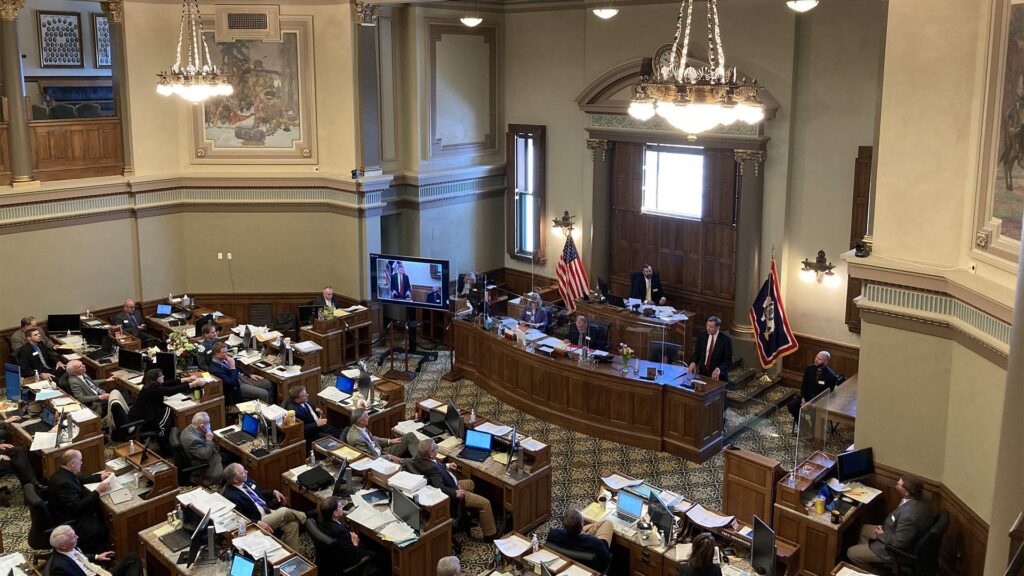Wyoming lawmakers are exploring the addition of online casino wagering to the state’s gaming market with the introduction of House Bill 120. Sponsored by Rep. Jon Conrad, Robert Davis, and others, the bill aims to authorize iGaming in the Equality State, building upon the established gaming market fostered by Gov. Mark Gordon’s signing of sports betting measure House Bill 133 into law in 2021.
HB 120, introduced this week, proposes to regulate iGaming in Wyoming through the state’s Gaming Commission, which would be empowered to issue up to five interactive gaming operator permits. Operators seeking permits would need to pay an initial fee of $100,000, renewable every five years.
Renewals would cost $50,000, with vendor permits requiring an initial fee of $10,000 and a five-year renewal fee of $5,000.
The bill also allows operators in Wyoming to enter into reciprocal agreements with other jurisdictions, leveraging the state’s population of 584,000, the lowest in America. Revenue generated from statewide wagering would be subject to a 10% tax rate, with HB 120 stipulating that $300,000 of annual tax revenue should be allocated to problem gambling programs.
Wyoming’s move to consider iGaming follows a trend seen across the country, with other lawmakers also exploring similar initiatives. In Illinois, House Bill 2239 has been introduced to pave the way for iGaming by granting licenses to operators for an initial fee of $250,000. These licenses would allow operators to offer up to three skins, with annual renewals costing $100,000.
Meanwhile, in Maryland, Senate Bill 603, sponsored by state Sen. Ron Watson, seeks to legalize iGaming through a voter referendum. Similarly, Hawaii is contemplating iGaming with Senate Bill 3376, introduced by Sen. Ronald D. Kouchi, which would establish a Gaming Control Commission and authorize sports betting and online poker.
Although groups in New York are advocating for iGaming, its inclusion remains uncertain as Gov. Kathy Hochul did not include it in her budget, suggesting it may face significant hurdles in the legislative process.




